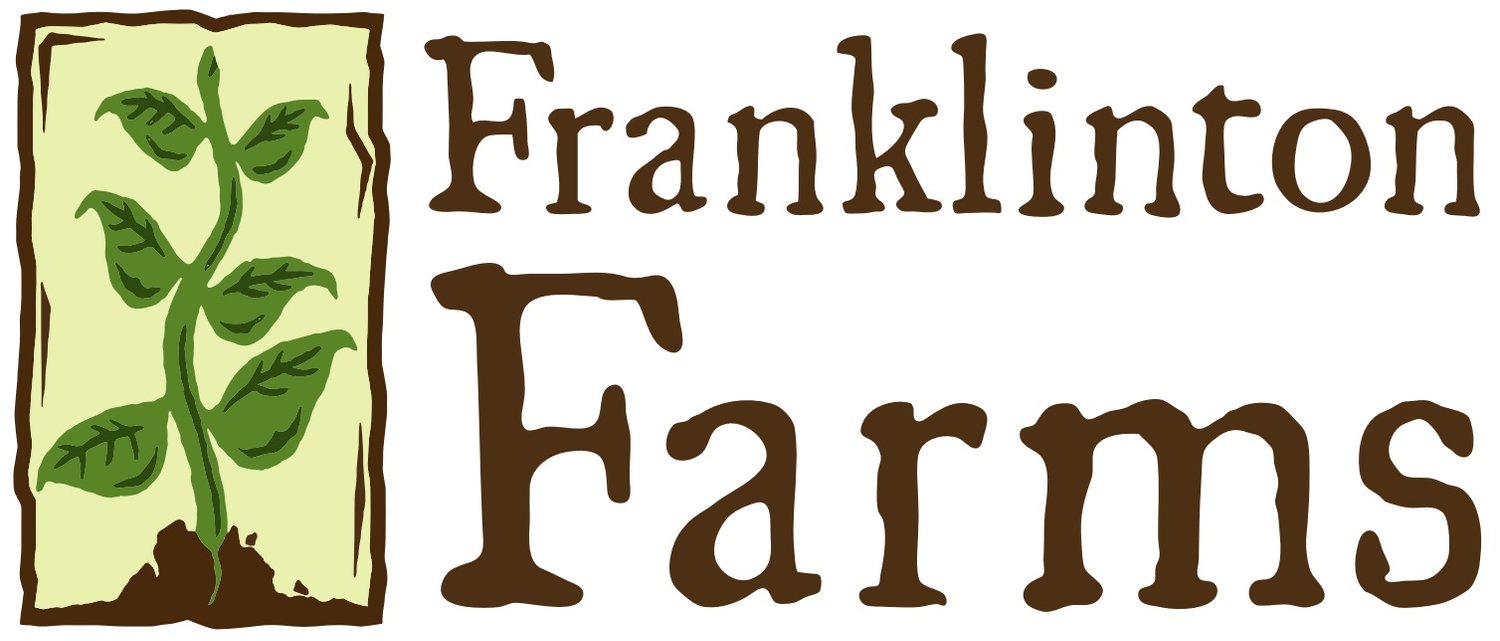First Impressions
Cynthia Lynn Schneider, the new writing intern at Franklinton Farms, shares her thoughts on the importance of urban agriculture in conjunction with her upbringing in a rural area.
My first morning at the Farms was a misty one. A frigid January day, the dead of winter. I am intrigued by that phrase which I don’t often hear in reference to a season other than winter, the dead of it. It’s a mostly apt description. The trees are barren, their bark dry and brittle, and the atmosphere carries a dull gray weight. With that being said, I had never seen somewhere so alive in mid-winter than Franklinton Farms on that day. I went on a tour of all the plots on the Farms, and their vibrant existence left me breathless.
I grew up in rural Ohio, an hour’s drive north of Columbus. Many of my friends growing up were born into families of farmers who had been tending to their crops and livestock for generations. For most of my life, this was the only kind of farming I knew about. Cities and even suburbs seemed so different from the backroads and drive-your-tractor-to-school days that defined where I grew up that I couldn’t imagine a farm operation around sidewalks and traffic lights.
Me, in early high school, holding a barn kitten and posing in front of a hay bale at a friend’s dairy farm.
I think it’s common for rural farmers or those who grew up around them, like me, to not see the value of urban agriculture. One of my family members works in the agribusiness industry, and when I expressed my interest in urban farming to them, they told me it’s good for growing tomatoes but not much else. I don’t blame them or anyone else from rural areas who share this belief. Apart from the World War II victory gardens, I wasn’t taught about urban farming in school, and I’m sure they weren’t either. That’s one reason I’m passionate about sharing my experiences with urban agriculture; awareness can breed understanding. I wonder how much my family member’s opinions would change if they visited our Franklinton Farms plots, if they saw our microgreens growing in the office or stepped into one of our high tunnels and felt the buzz of growth in the air. If they tried our sweet potatoes, our rainbow chard, our sage.
I believe that, once exposed to it, it’s impossible to deny the value of urban farming. Systematic and environmental injustices inhibit many of those living in urban spaces, especially those who belong to marginalized groups, from accessing fresh produce. The work that rural farmers do and have done for generations is necessary and commendable, and the fact that urban farming is also those things does not detract from the importance of rural agriculture. Rather, it expands the rich practice of nourishing and deriving nourishment from the earth, allowing more people to experience the beauty of growing.



